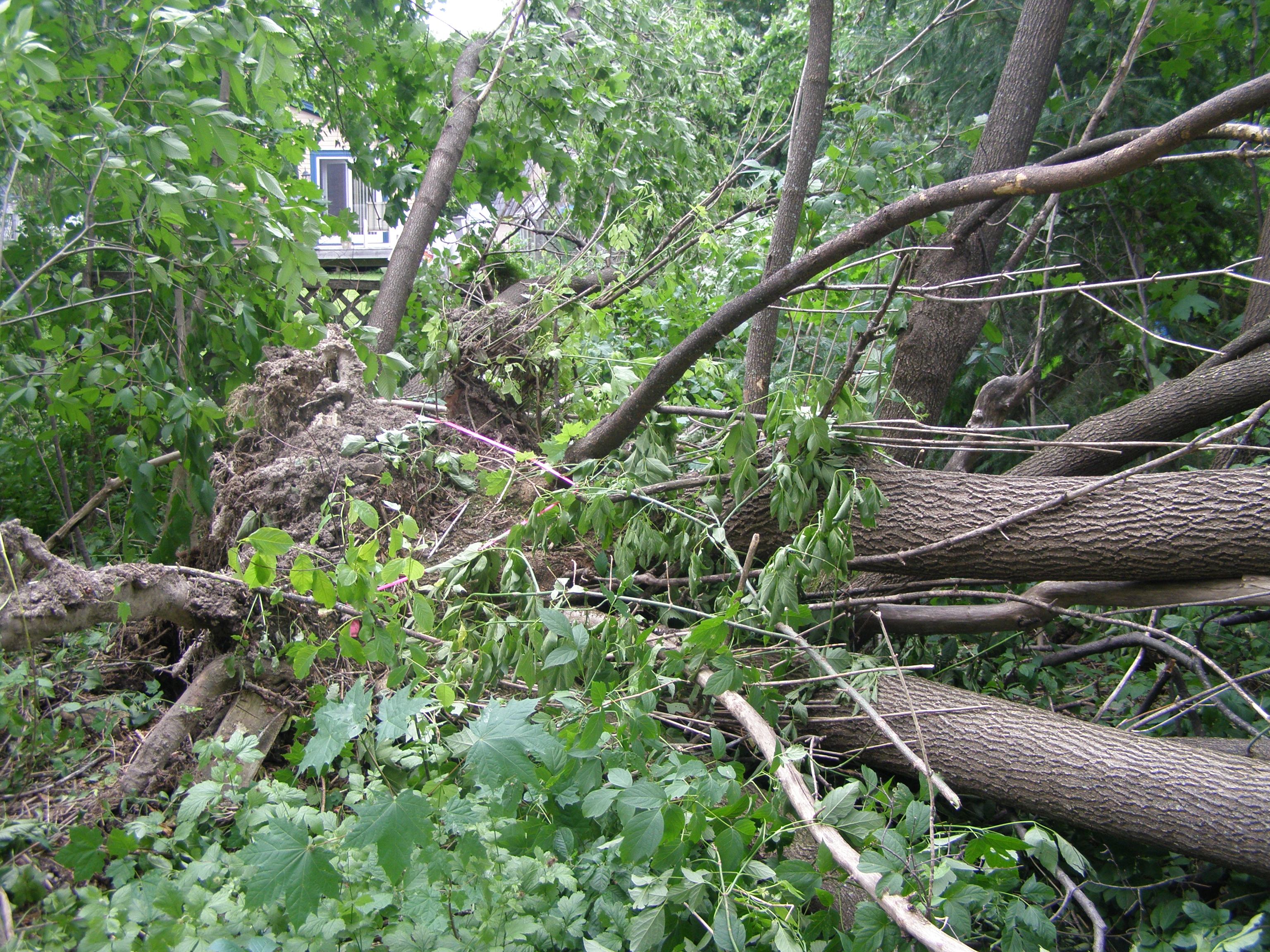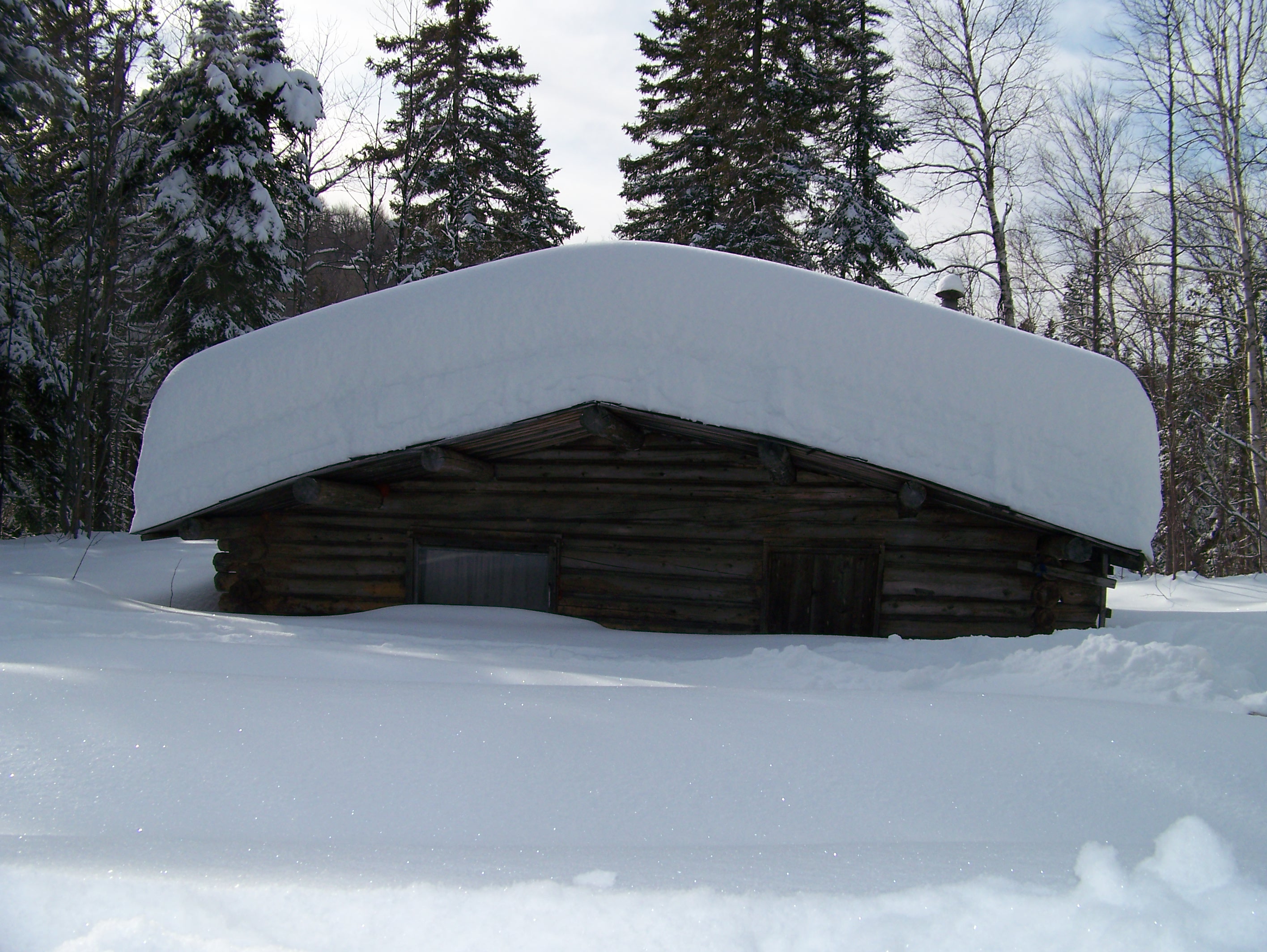Climate Change in New Brunswick
Climate change is a reality and the world around us is going to change. We have reached the tipping point, and even if we were to make drastic changes worldwide in our daily lives, there will be change.
What is climate change?
Climate change is the result of a build-up of greenhouse gases (GHG’s) in the earth’s atmosphere. These gases act much in the same way as does the glass roof of greenhouse; they allow the sun’s rays to pass through and provide heat, and they stop heat from escaping. As the GHG’s increase in quantity, they provide more “insulation” to the earth and trap more heat. The increased heat will have a significant impact on everything on earth, including the weather.
What effect will climate change have?
The models tell us that the average temperatures will rise, there will be significant fluctuations in precipitation amounts and in the severity of storms, and the seas are going to rise. These facts tell us the future world will be a more uncomfortable place. However, the impact on the natural environment around us will be even greater.
Specific impacts for New Brunswick include:
- By 2050, temperatures will rise on average 2-4 degrees in summer, 1-6 degrees in winter.
- Seasonal and yearly variation in precipitation will increase. Summers inland will be exposed to longer periods of drought.
- Seasonal weather events may become more dramatic, including storms, early or late frost, and heavier floods/Sea levels on the coast will rise by 50-70 cm over the next century.
- Decreased rain inland could result in diminished river flows, leading to increased temperatures in rivers, streams and lakes, lower water levels, and increased salinity in river estuaries.
- Changes in forest composition, as species react differently to the changing climate.



